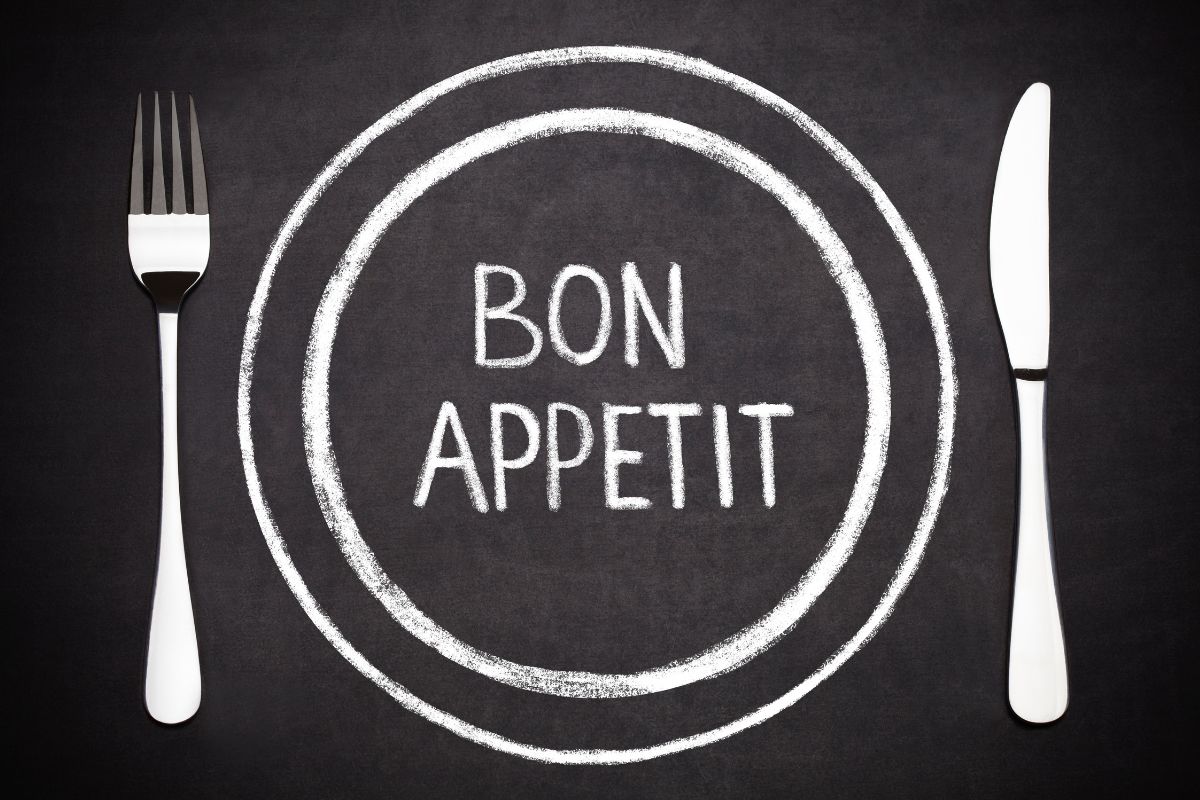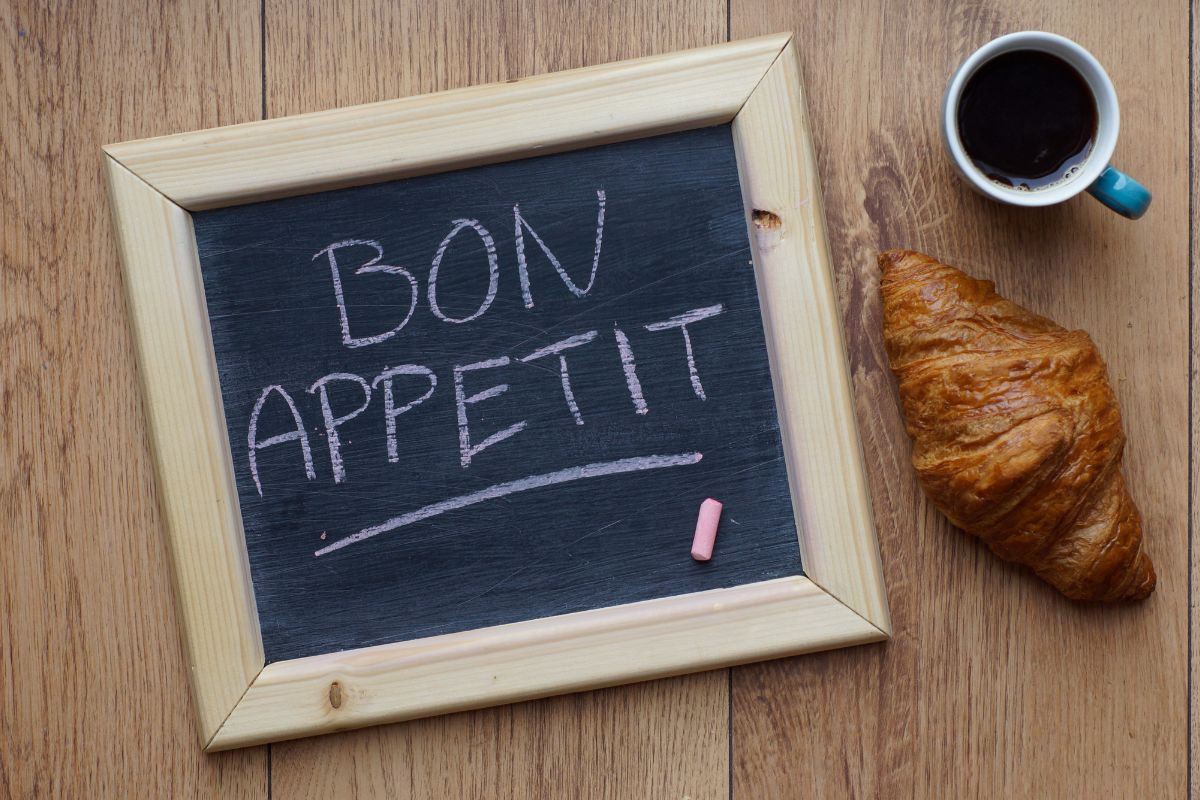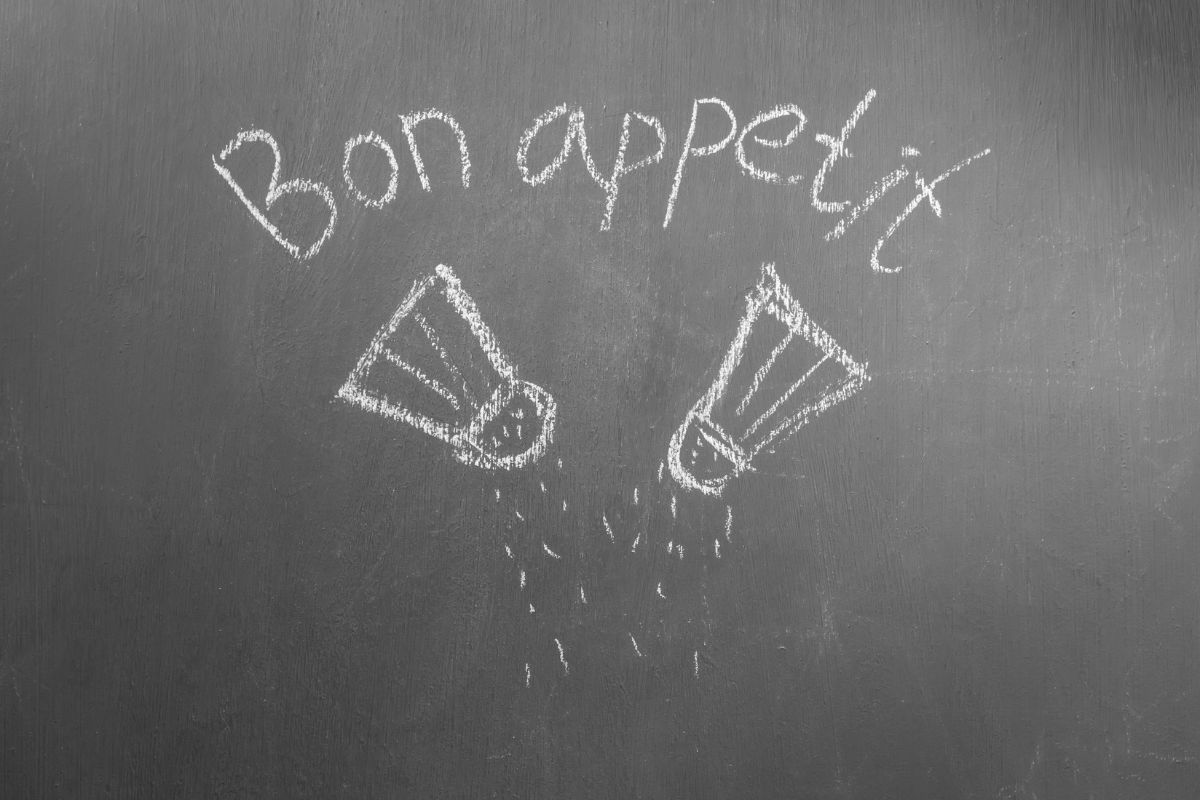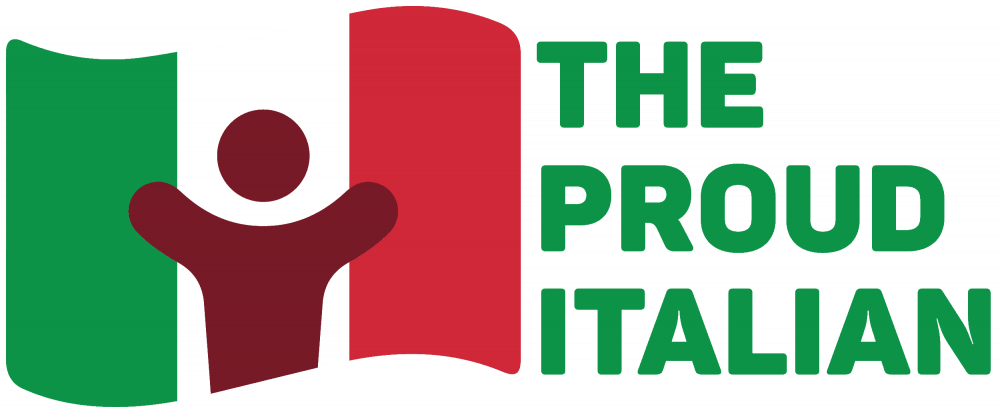Italy has the best meals from the Italian culture, thus the phrase “bon appetit.” Bon appetit in Italian is applicable before taking meals. The meals involve dishes such as the starter (antispasto).
Therefore, Italians use this word before the start of every meal. Also, chefs accompany it with a fancy kiss. So, here’s how to say “Good Eating” in Italian, its meaning, and its uses.
How to Say “Good Eating” in Italian
Italians use bon appetit before and during meals. It is a way to say that you wish to eat much and well with your loved ones. So if you want to your Italian friend a good meal during dinner, you can say “bon appetit.” It means “Good appetite,” meaning “Enjoy your meal.”

Using Buon Appetito in Italian Culture
As mentioned earlier, bon appetit is not just a word for any context. As much as it is easy to remember, it sounds like the french word “bon appetit” to wish for a nice meal. It is an eating phrase in Italy to wish someone to enjoy the meal.
In the past, rich people invited servants annually for lunch and wished them a “bon appetit,” meaning they could enjoy and eat more than usual. The word “buon appetito” was dated back to the middle ages.
The proper response to buon appetito Italian word is Grazie, altrettanto meaning thanks. You can also reply with Grazie, anche a te / voi, meaning, thanks.
For instance, you can say these words in Italian:
Dinner is ready! Enjoy your meal! – Thanks, you too! To reply, you will say, La cena è servita! Buon appetito! – Grazie, altrettanto!
Additionally, people used it in the good old days, especially during bountiful harvests or special occasions such as weddings. Due to increased economic conditions, the Buon appetito Italian phrase moved to a general exclamation of gratitude.
Many Italians begin their meal by saying this phrase, proving that it is still in use. Furthermore, it is a culture for chefs in Italian restaurants to say it with a gleeful smile as they serve your meal.
At this point, you know the meaning of bon appetit (a phrase often accompanied by a toast and a gesture towards the mouth) and how to use it. So, check out its origin in Italy.

The Origins of Bon Appetit in Italy
The origin of the Italian bon appetit is not quite certain. The first written record of the word bon appetit was in 1582. At this time, Italians were eating lots of pasta – but they were not preparing it well. So, people said, “bon appetite” to describe inedible foods.
However, it wasn’t until the mid – 1800s that it became a widely used term in Italy. This phrase was widely used during the middle ages when servants had access to very little food. In addition, Italians used it during fruitful harvests and special occasions such as weddings.
During this time, the nobles and other high-ranking figures would invite their servants to join in the celebrations and say to them, “buon appetito.” Buon appetito meaning is enjoying the meal. In the good old days, this phrase was an invitation directed to the lower classes to eat the food the nobles offered to them. Read our article and find out Italian Wedding Cookies and How To Make Them.
In the 16th and 17th centuries, the economic conditions improved greatly. Naturally, this called for increased sustenance available to the population. Therefore, “buon appetito” was regarded as a wishful expression to enjoy eating after suffering a huge famine.
Later, the middle class adapted this tradition and handed it down from one generation to the next. Today, people use it at home, at restaurants, and event tables. But, while it may seem like a fancy word, some people dislike this expression due to its routes.
The bon appetit Italian phrase was used by the rich to low-class people like servants. On the same note, some people see it as an offensive word. But the better part is that it’s not confined to one social class today.
Some people also view the use of buon appetito as having negative allusions. The main problem is due to the word “appetite.” According to them, “have a good appetite” is an expression that indirectly implies being a glutton. They think it’s all about the quantity than the food quality.
For this reason, these people choose to say “buon pranzo” (“have a good lunch”) or “buona cena” (“have a good dinner”) as a direct way of referring to the meal.
Formal Italian Alternatives
An Italian meal contains several dishes from the starter to the main course. At the same time, most people became familiar with the word “bon appetit,” which means enjoying your meal. However, there are other alternatives to this phrase.
If an Italian friend has invited you for dinner, make the dinner session fun using “bon appetit.” On the contrary, this does not apply to formal instances because it’s against etiquette. So, check out the following formal Italian alternatives.
If you find yourself on a formal occasion, avoid the word bon appetit like the plague. Instead, accompany the word “appetito” with the name of the meal you’re about to eat. Below are some examples.
● Buon pranzo – “Have a nice lunch”.
● Buona colazione -” Have a nice breakfast”.
● Buona cena – “Have a nice dinner.”
Sometimes, you can be the host for a formal occasion. However, it will depend if you are hosting one or more guests. In this case, you can use the following eloquent words.
Si serva pure – serve yourself as well, for one guest.
Servitevi pure – help yourself, for more guests.
Generally, the above Italian examples mean the same thing “please suit yourself.” They are one of the best formal ways to tell guests to feel comfortable and enjoy their meal.
Now that you know the formal alternatives, here’s how to reply to the bon appetit Italian eating phrase.
Replying to Buon Appetito
It’s very hard for Italians to begin a meal without wishing everyone “buon appetito” – meaning enjoy your meal. But how do you reply to “buon appetito”? The perfect reply is to say “Grazie,” a simple “thank you.”
Alternatively, you can also say “buon appetito” or Grazie altrettanto, which means: “you too.” And if you are a social person who likes expressing yourself more, you can spice up things and use both phrases. Check out these examples.
Buon appetito! – Grazie, altrettanto!
Enjoy your meal! – Thanks, you too!

Final Thoughts
One of the most valued things in Italy is not only their culture but also their meals. Meals play a vital role since they involve different cuisines. In Italy, meals are not complete without the fancy word “bon appetit.”
Bon appetit Italian phrase means enjoy your meal. In the middle ages, the rich used it to tell servants to eat as much as possible. Today, people use it to wish others a nice meal. Apart from using it with friends and family, it contains formal alternatives where people replace the word “appetito” with food.
Without a doubt, you know how to say and reply to bon appetit in Italian at this point. So, if you are about to enjoy your dinner, then Buona cena!

Community of passionate writers and content creators who share a love for Italian heritage, culture, travel, food, and the Italian-American community. Our mission is to celebrate Italy’s rich history and traditions and connect with others who share the same passion.

